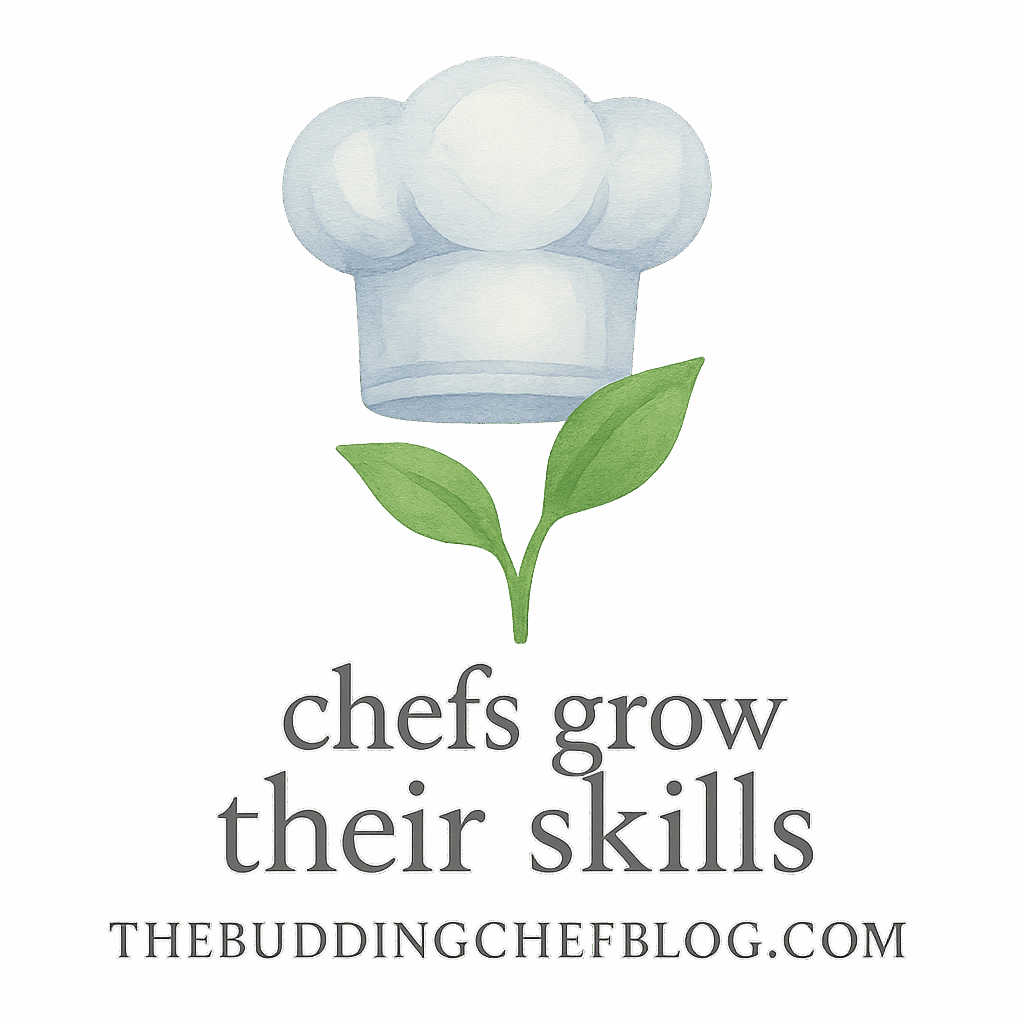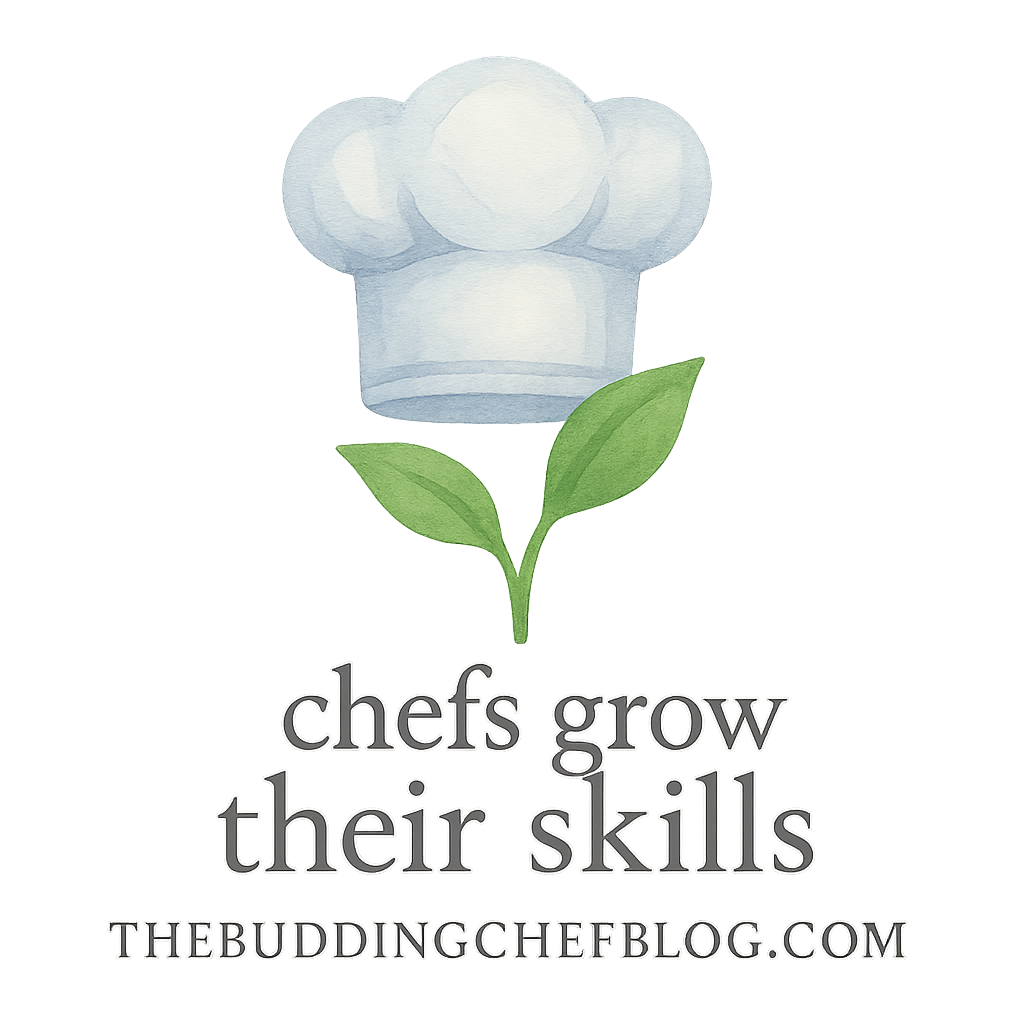Introduction to Herbs and Spices
Ever wondered what separates an ordinary dish from one that makes people say, “Wow!”? Spoiler alert: it’s not always fancy techniques—it’s often just the right herbs and spices.
Whether you’re just starting your cooking journey or you’ve accidentally salted your coffee once or twice (it happens!), this guide is your flavor-packed shortcut to culinary confidence.
Why Herbs and Spices Matter for Beginner Chefs
Unlocking Flavors: The Secret Weapons of the Kitchen
Let’s be real—no one dreams of bland chicken or flavorless pasta. That’s where herbs and spices shine. They’re like the magic wand of cooking, transforming simple ingredients into memorable meals.
Building Confidence in the Kitchen
Learning to season properly isn’t just about taste—it builds intuition. Once you learn how to wield basil or cumin with confidence, you’ll start seeing recipes as inspiration rather than rigid instructions.
Explore more beginner-friendly tips in our Basic Cooking Techniques guide.
The Essential 7 Herbs and Spices for Beginners
Let’s break down the 7 essential herbs and spices every beginner chef should know. We’ll cover how to use them, why they matter, and what dishes they’ll rock.
1. Basil: The Sweet Green Wonder
Ah, basil. If summer had a smell, this would be it.
Cooking Tips for Using Basil
Always add fresh basil toward the end of cooking—it loses flavor quickly when overcooked. Dried basil, on the other hand, loves simmering in sauces.
Best Dishes for Basil
Perfect for pesto, pizza, and pasta. Basil also sings in tomato-based soups and caprese salads.
Need help with ingredient pairing? Don’t miss Ingredient Knowledge.
2. Oregano: A Mediterranean Classic
This robust herb brings earthy, slightly bitter notes that can balance out acidity like a champ.
How to Use Oregano Like a Pro
Go easy—it’s potent. Dried oregano works wonders in slow-cooked sauces and marinades.
What Pairs Well with Oregano
Think tomatoes, olives, grilled meats, and feta cheese. A must-have for any Mediterranean-inspired meal.
Check out recipes tagged beginner or affordable for ideas using oregano.
3. Cumin: Earthy and Bold
Cumin has that unmistakable warm, nutty, almost smoky vibe.
Quick Tricks for Cooking with Cumin
Toast the seeds before grinding for a flavor bomb. Ground cumin? Sprinkle it into rice, chili, or taco fillings.
Why Cumin Elevates Simple Meals
It adds instant depth. Seriously—cumin can take “meh” to “mmm” in seconds.
Want to master spice layering? Our Recipe Practice section is gold.

4. Rosemary: Fragrant and Robust
Rosemary is basically perfume for your dinner.
Best Uses for Rosemary in Cooking
Perfect with roasted meats, potatoes, and even bread. Just a sprig can do wonders.
Tips to Avoid Overpowering Flavors
Use sparingly—rosemary is intense. Strip the leaves from the stem and chop finely to distribute the flavor.
For more tools to prep like a pro, check out our Kitchen Tools & Equipment.
5. Thyme: The Gentle Enhancer
If you’ve ever had chicken noodle soup and wondered why it’s so comforting—say hello to thyme.
How to Add Thyme Without Overthinking It
Unlike rosemary, thyme plays well with others. You can throw it into soups, sauces, or roasts without fear.
Ideal Dishes for Thyme
Try it with poultry, beans, mushrooms, or root vegetables.
Don’t forget to explore our Cooking Skills section to keep improving your instincts.
6. Paprika: The Colorful Flavor Booster
Paprika doesn’t just add color—it adds character.
Sweet vs. Smoked Paprika
Sweet paprika is mild and earthy; smoked brings depth and a whisper of fire.
When to Add Paprika in Cooking
Sprinkle it on eggs, chicken, or potatoes. Paprika shines when added early so it can infuse with oils.
Want more tips? Visit Tips for ongoing hacks.
7. Chili Flakes: The Subtle Heat
These fiery flecks are your secret weapon when a dish feels like it’s missing… something.
Balancing Heat in a Dish
Start small! You can always add more, but you can’t subtract.
How Much is Too Much?
A pinch usually does the trick. Remember: chili flakes bloom in oil, so cook them briefly before adding other ingredients.
Need ideas for spicy meals? Explore CookingChefs.
Pro Tips for Getting Comfortable with Herbs and Spices
Smell, Taste, Repeat
Before you cook, smell the spice. Does it feel warm? Fresh? That sensory memory helps you connect flavor to aroma.
Cook with a Purpose, Not Just a Recipe
Think about the vibe you want your food to have: fresh, bold, warm, zesty? Then choose spices accordingly.
Practice Makes the Palate Stronger
You won’t master flavor overnight. But with every meal, your taste memory grows. Keep at it!
Explore flavor-testing ideas at Practice.
Common Mistakes Beginner Chefs Make with Herbs and Spices
Over-seasoning or Under-seasoning
Yes, there is such a thing as “too much oregano.” Use your nose and taste buds to guide you.
Not Tasting as You Go
If you’re only tasting at the end, you’ve missed your chance to adjust. Make tasting a habit.
Check out articles tagged mistakes to learn from common pitfalls.
Kitchen Tools That Help with Herbs and Spices
Mortar and Pestle, Spice Grinder, and More
Grinding fresh spices unlocks flavor you didn’t even know existed. Try a spice grinder or old-school mortar and pestle.
Proper Storage to Keep Flavors Fresh
Store in airtight containers, away from heat and light. No one wants dusty-tasting rosemary.
For must-have gear, visit Cookware and EssentialsChefs.
Ingredient Knowledge Equals Cooking Power
Connecting Spices to Cultures and Cuisines
When you understand where spices come from, you start to respect the culture behind the cuisine. It’s not just cumin—it’s tradition.
Start your ingredient journey with Ingredient Knowledge.
Conclusion
So there you have it—7 essential herbs and spices that every beginner chef should learn to use. These aren’t just flavor-boosters—they’re your culinary training wheels. Keep experimenting, keep tasting, and remember: every great chef started with a pinch of curiosity and a dash of courage.
Want to go further? Visit The Budding Chef Blog to sharpen your skills, explore new recipes, and fuel your cooking journey.
FAQs
1. Can I substitute fresh herbs for dried ones?
Yes! Just remember: dried herbs are more concentrated. Use one-third the amount of dried when substituting for fresh.
2. What’s the shelf life of ground spices?
Typically 1–2 years. But your nose knows—if it smells dull, toss it.
3. Are these herbs and spices expensive?
Not at all. Most are super budget-friendly. See our budget tips to save even more.
4. How do I store fresh herbs?
Wrap them in a damp paper towel and keep in a plastic bag in the fridge—or freeze in olive oil cubes.
5. Is there such a thing as too many spices in one dish?
Absolutely. Start with 1–3 complementary ones. Don’t let them fight on your palate.
6. What’s a good spice blend for beginners?
Try Italian seasoning, curry powder, or taco mix. Great flavor, no guesswork.
7. Where can I practice with beginner-friendly recipes?
Head to our BeginnerChefs section for tasty, low-stress dishes.


